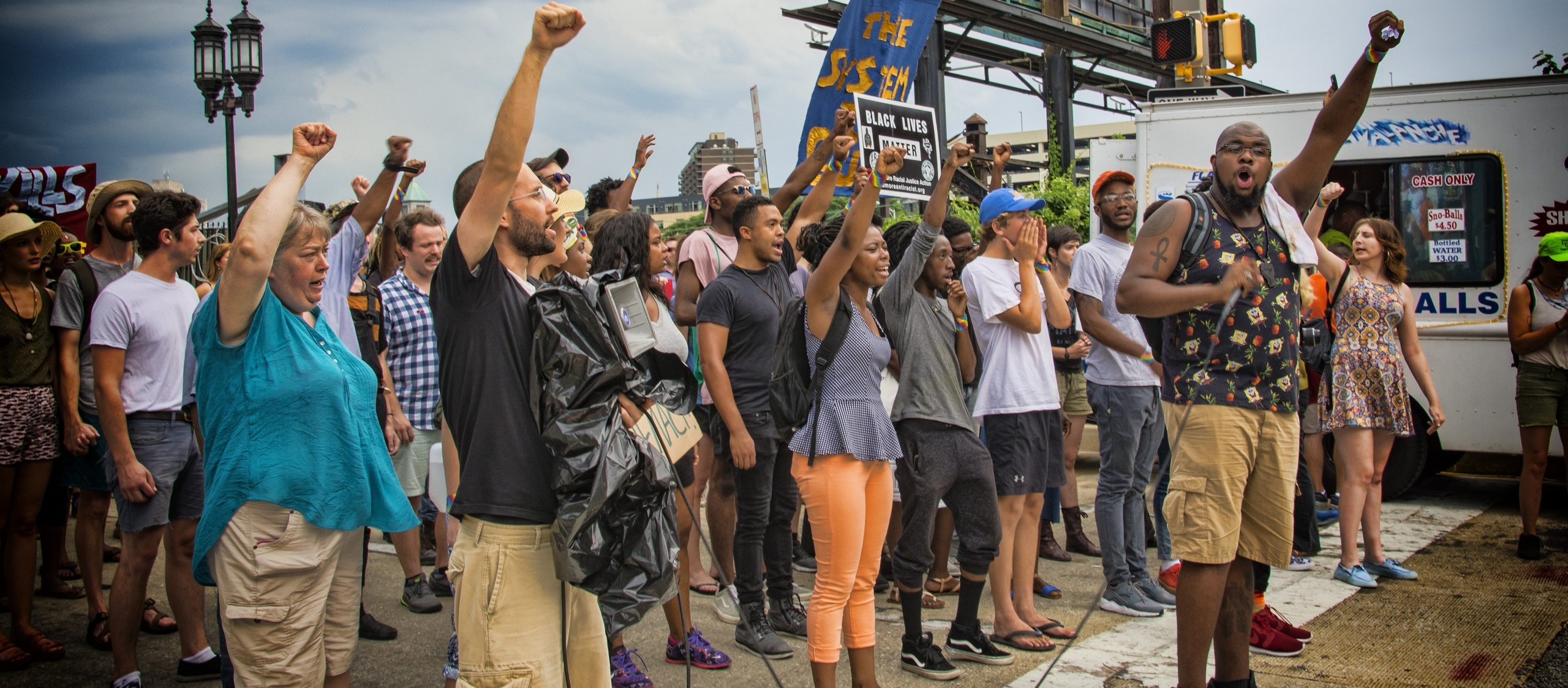Sign up for the daily CJR newsletter.
In Riverdale, a TV program about the iconic comic book figures Archie, Betty, and Veronica, reality has intruded on this formally idyllic town: Dark secrets, diversity, and a hero with six-pack abs. “Meet our new Archiekins,” the reviewer wrote, “not just ripped, but woke.”
That doesn’t mean he’s awake, or that he “woke” to discover Betty (or Veronica) in his bed. It means he’s politically alert and aware of what’s going on around him.
And while there are African-Americans in the new Riverdale, Archie is not one of them. Instead, a term that belonged to the African-American community is being applied to a white guy.
Therein lies a language tale, of how one community’s slang has been adopted by a much wider community.
Of course, “woke” is the past participle of “wake,” and has been used for centuries: “I woke and found Veronica in my bed” is just as proper as saying “I awoke and found Veronica in my bed.” In many dialects, “woke” is used in place of “awake,” as in “Okay, Veronica, I’m woke now.”
But then came Erykah Badu’s 2008 song “Master Teacher,” whose refrain “(I stay woke)” weaves through tales of woe. “I’m aware,” it means. “I know what’s going on.” The power of “woke” was awakened.
“Woke” was shortlisted for the Oxford Dictionaries’ word of the year for 2016. In a blog post on the history of “woke,” Oxford traces it from 1960s African-American slang for “well-informed, up-to-date.” More recently, the racially conscious #StayWoke hashtag urged awareness of things that are black oppression at their heart.
Through the Black Lives Matter movement, as Merriam-Webster’s Words at Play blog noted, “stay woke” took on new meaning: “instead of just being a word that signaled awareness of injustice or racial tension, it became a word of action. Activists were woke and called on others to stay woke.”
But, as happens with many terms that originated in one community, “stay woke” soon escaped into more general use. As the Oxford blog said:
Like many words and phrases that capture a particular (political) zeitgeist, woke and stay woke have a meaning ever evolving and changing. Unfortunately for woke, its political meaning appears to have been removed in at least some contexts.
So has its connection to the black experience.
Bustle put it another way: “#StayWoke reminds readers to look past the provided narrative, to examine their own privilege (or lack thereof). #StayWoke reminds readers that there is more than one reality to life in the United States.”
Indeed, to judge by Twitter today, #StayWoke has been appropriated.
https://twitter.com/sandratokes/status/822402522421698565
As you can see, the internet can quickly take any term, no matter how sincere, and make it into a meme or encourage it to descend into parody. Thus it is that The Washington Post wrote about “Woke Toddler”:
Woke Toddler is a comedy trope, seen most often on Twitter, that involves “quoting” the precocious political or cultural observations of one’s young son or daughter. In their proper, ironic usage, these pronouncements are fictions intended to mock smarmy liberal parents.
This is what kills hashtags and turns “woke” into a snoozer.
It’s also ironic that the original use of “woke” as an adjective was to be weak, the Oxford English Dictionary says: “Lacking in strength, vigour, endurance, or courage; inferior physically or morally” or “Lowly in status or degree; insignificant.” That usage is now obsolete.
“Woke” and “stay woke” are already wearing out their welcome, verging on cliché and parody. They’ve become fad words, losing power and impact as they are applied to things of less importance. The result is less cultural appropriation than it is cultural indifference, a failure to recognize the significance of the genesis of a term. If you want to use “stay woke,” it’s important to “stay woke” about its roots.
Has America ever needed a media defender more than now? Help us by joining CJR today.







